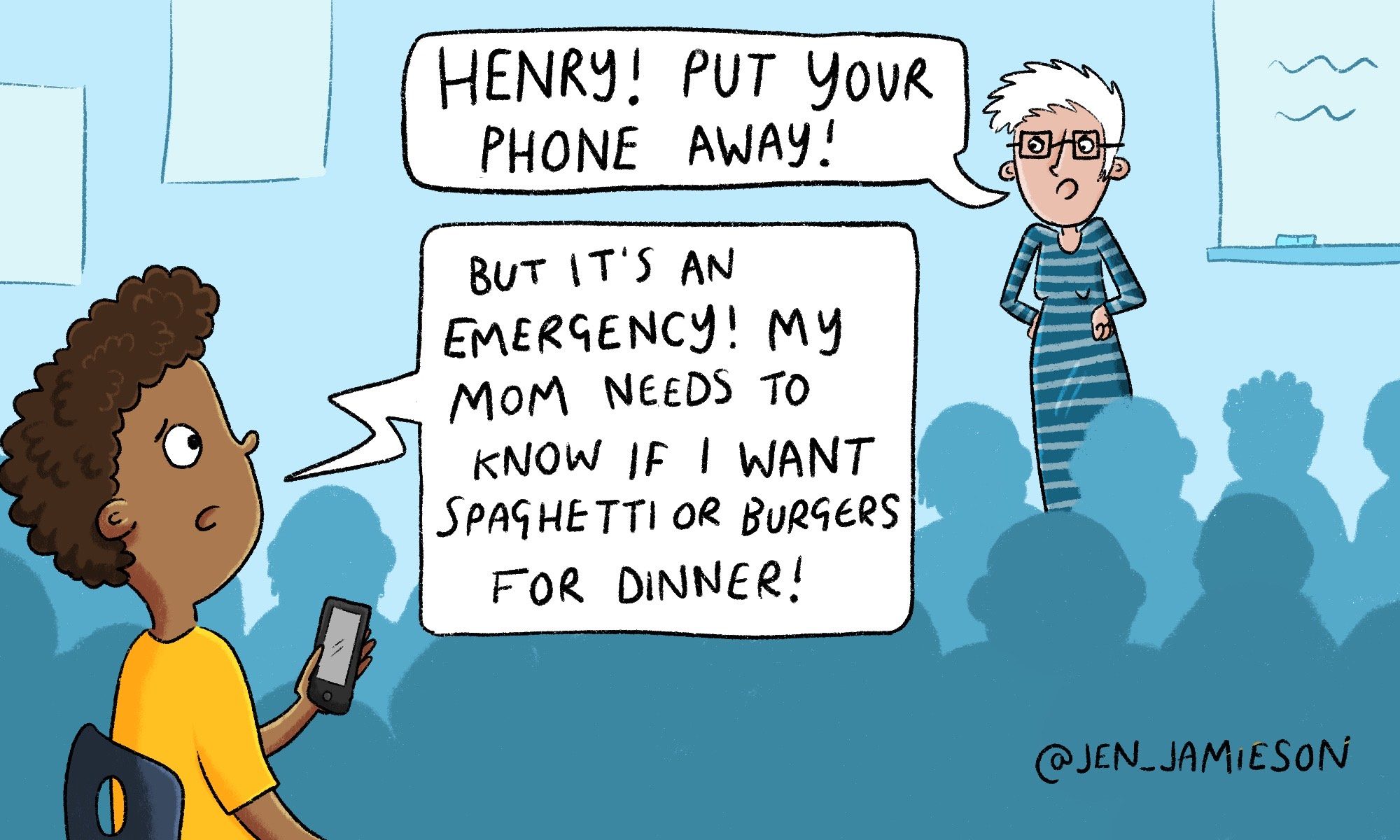Introduction:
In today’s fast-paced society, communication plays a crucial role in strengthening the relationship between educators and parents. This connection is vital for the success of students as it provides them with a supportive and consistent learning environment. As an educator, one of the most effective ways to maintain open lines of communication with parents is by texting. I have made it my goal to regularly text all my students’ parents, and in this article, I will explain why and how I do it.
Why Texting Parents Is Beneficial:
1. Establishing trust: Regular communication through texting helps forge trust between teachers and parents, which ultimately benefits the students. Maintaining transparency about students’ progress allows their parents to be involved in their educational journey.
2. Immediate updates: Texting provides an efficient method of sharing important information or updates pertaining to class activities or assignments. This level of engagement helps keep parents in the loop, ensuring they are aware of any school-related matters.
3. Resolving issues promptly: No student is immune to facing challenges throughout their academic career, but having open communication with parents can help educators work together to address these issues effectively and promptly.
4. Parent involvement: Active parent participation in their child’s learning process leads to better academic performance. Text messaging encourages parental involvement by providing an accessible way to ask questions or share concerns with the teacher.
5. Time-saving: Compared to traditional forms of communication like phone calls or written notes, texting is relatively more time-efficient and less intrusive for both teachers and parents alike.
How To Text Parents Effectively:
1. Choose a platform: To begin, make sure you select a secure platform designed for educational purposes as your primary texting tool. Popular platforms like Remind or ClassDojo offer user-friendly interfaces while maintaining the privacy of both parties.
2. Set boundaries: Ensure you establish clear boundaries by setting specific hours for sending and responding to texts. This helps maintain a professional relationship between the teacher and parents without encroaching upon personal time.
3. Keep it concise: When texting parents, stick to short, easily digestible messages. Bullet points and clear language help effectively convey the information without overwhelming the recipient.
4. Group messages: Consider organizing parents into groups based on classes or activities. This enables you to efficiently send relevant information to all relevant parties at once without excessive repetition.
5. Use pre-written templates: To save time and maintain a consistent tone, develop a series of templates for common scenarios (e.g., reminders about homework assignments or upcoming parent-teacher conferences.) You can then personalize these templates as needed.
In conclusion, using text messaging as a primary means of communication between teachers and parents provides numerous benefits for all parties involved while supporting students’ academic success. By following these guidelines, educators can efficiently and effectively connect with parents through text messaging to create a strong school-home partnership.

